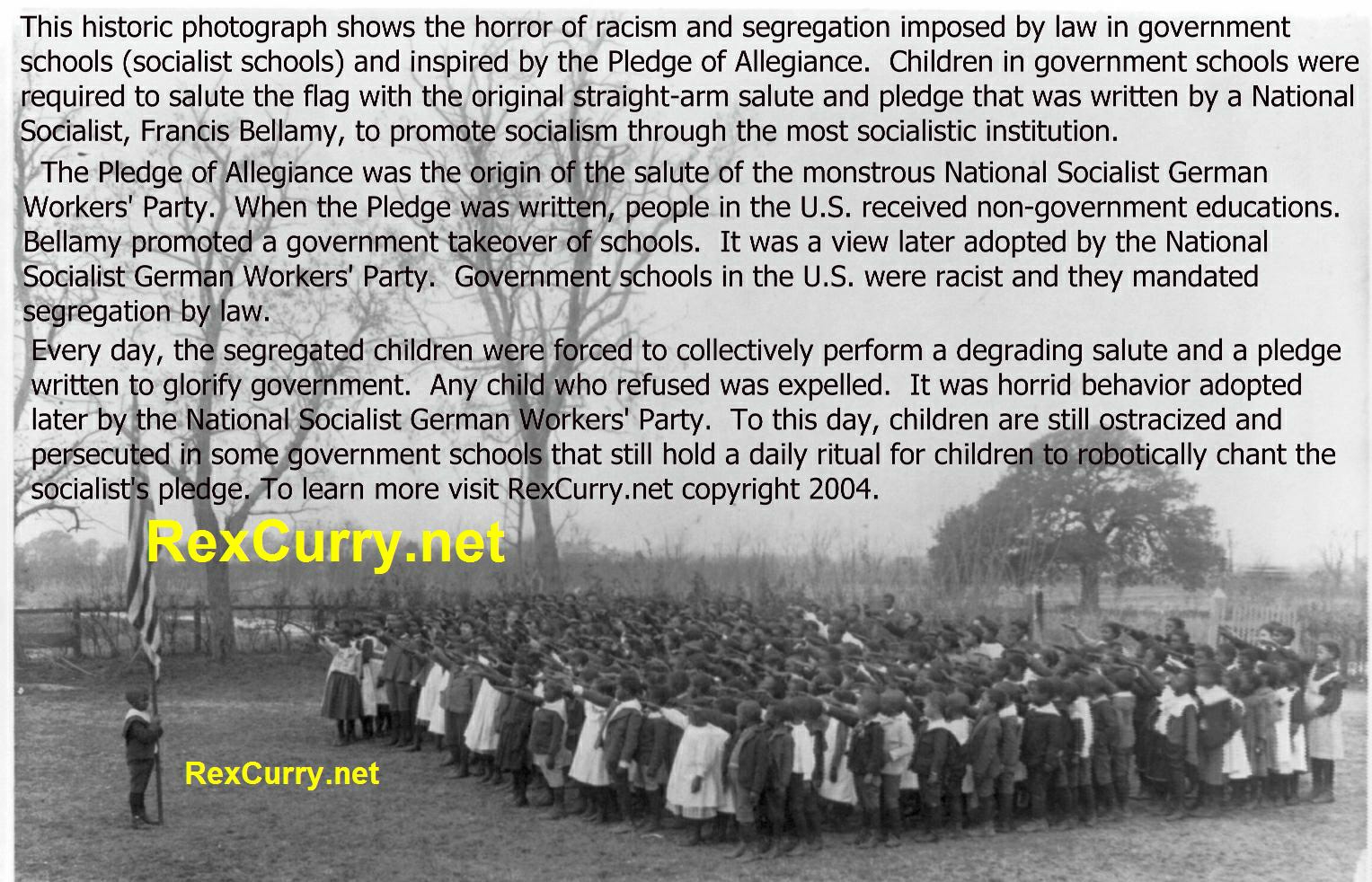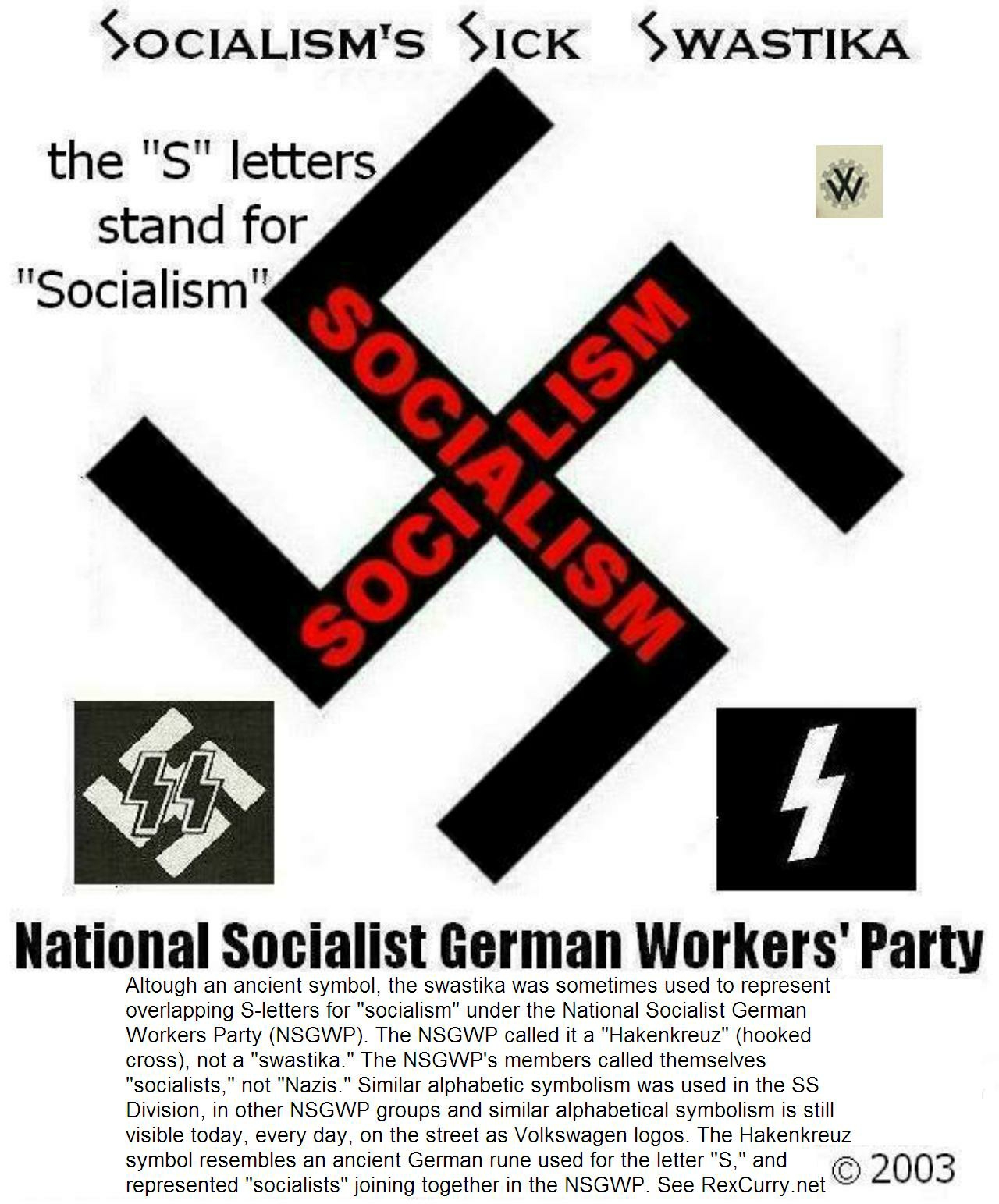IN THE SUPREME COURT OF THE UNITED STATES
The Fifth Amendment of the United States Constitution reads: “No person shall be.......deprived on life, liberty or property, without due process of law; nor shall private property be taken for public use without just compensation.”
Richard A. Epstein in his book “Takings: Private property and the power of Eminent Domain” said “In Mugler v. Kansas, 123 U.S. 623 (1887), the law under attack prohibited the operation of any brewery within the state of Kansas. The plaintiff alleged that his brewery was constructed before the passage of the statute, that his property was ill-suited to any other use, and that its operation did not constitute a public nuisance.” Many of Epstein’s comments are repeated herein.
Justice Harlan, speaking for the court, upheld the statute by resorting to a two-pronged argument. He first denied that the government action was a taking because the statute did not remove the plaintiff from the possession of his premises. But that argument is refuted by a partial takings analysis, given that the incident of use was impaired. The second prong is discussed infra.
The reasoning of Mugler and its progeny should be revisited and overturned. It is doubtful that the “no taking” argument was persuasive even to the court; if it had been, the detailed consideration of the police power justification that followed in Mugler would not have been necessary. In dealing with the police power, Harlan's argument was quite simply that the legislature may take steps to control the disease, poverty, and crime held to be the inevitable and injurious consequences of alcoholism. Missing was the necessary constitutional analysis of whether this "public nuisance" was properly attributable to the people effected by the law. Even today the expansive theories of proximate causation only allow an injured party to reach the immediate supplier of the alcohol --bartenders, social hosts, or retail outlets-- but not the original producers. See, e.g., Vesely v. Sager, (5) Cal.3d 153, (4)86 P.2d 151, 95 Cal. Rptr 623 (1971), which allowed a party injured by a drunk driver to maintain an action against the purveyor of the alcoholic beverages. That decision did not allow suit against the manufacturer of the beverages and was itself overturned by statute in California. Cal. [Bus. & Prof.] Code 25602 (West l964, 198 Supp.). Similarly, most of the gun cases are decided the same way, so no action can be brought against the gun manufacturer if the gun is not itself defective. See, e.g., Martin v. Harrington Richardson, Inc. 743 F.2d 1200 (7th Cir l984). Therefore, allowing a legislature or Congress to designate such activities as nuisances is to erroneously allow it to define the scope of its own powers.
Suppose, however, that the government's characterization of the manufacture of alcohol (or the distribution of cocaine) as a nuisance is, in fact, sound. The second prong of inquiry --whether the statute is overbroad-- calls for analyzing whether the government's narrower means would achieve substantially the same end. In particular, the Mugler court (and today's courts) never asked whether limitations upon the purchase or consumption of alcohol (or cocaine) --be it by age, place of service, or condition of user-- might have done away with a large portion of the alleged social problem without the enormous restrictions imposed upon Mugler's (or any supplier's) operations. Likewise, the court (and today's courts) never asked whether a more stringent set of penalties against drunkenness (or cocaine intoxication or addiction) per se, or against offenses committed by persons in such condition(s), could have achieved the same effect (nor asked is whether prohibitory laws cause and increase the problems, as with alcohol prohibition). The answers to these questions, of course, are argued both ways, but it is difficult to believe that the blanket prohibition against the manufacture of alcohol (or cocaine), could have been sustained when the government had not even explored lesser restrictions upon the sale and distribution of alcohol (or cocaine). If the government must justify its undisputed taking of property (in this case, allegedly cocaine and the forfeiture of any defendant's other property), then the decision seems wrong, but if not wrong, then surely at the outer limits of the police power.
